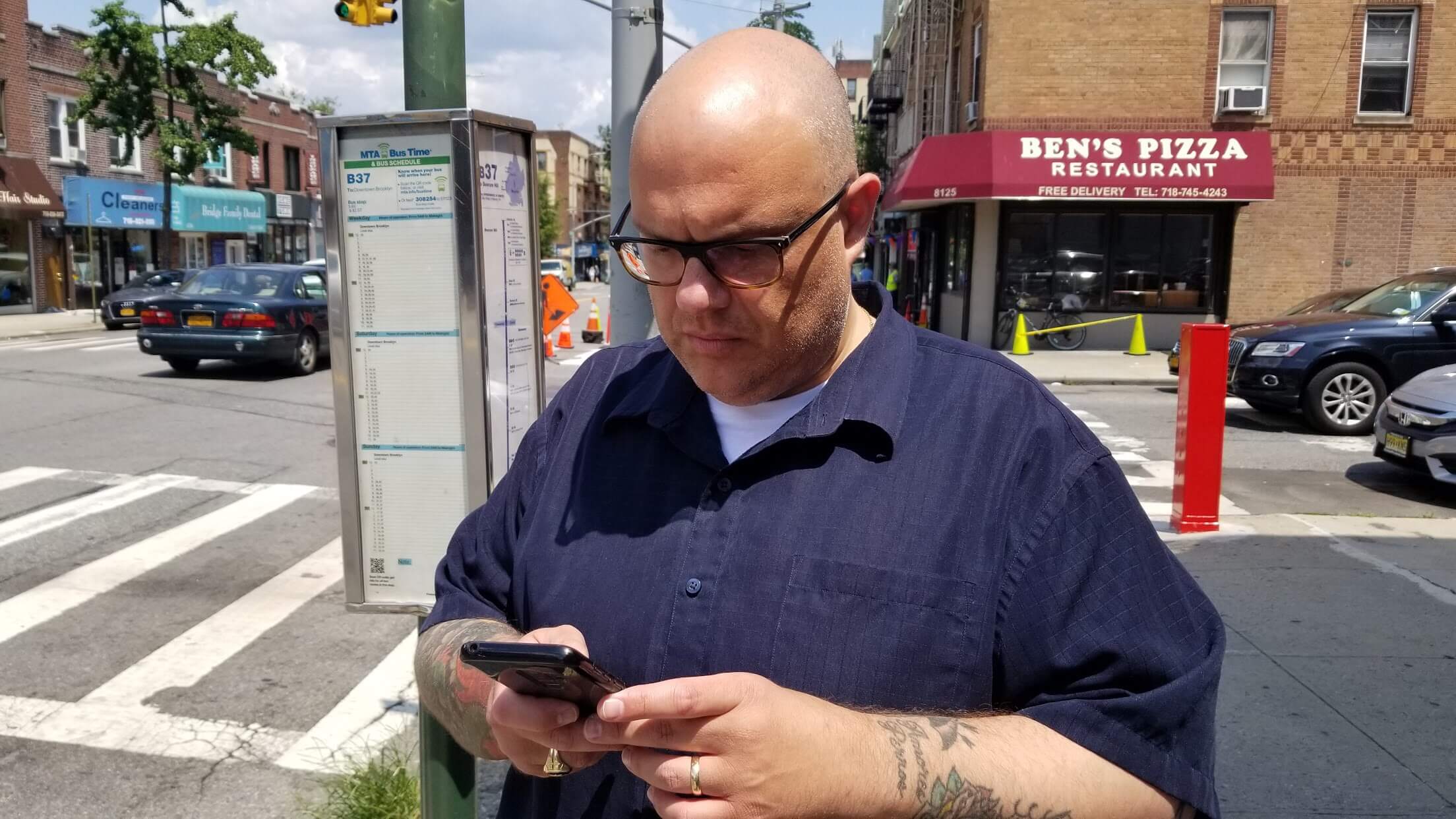Brannan doesn’t want cellphone companies selling your data

Photo courtesy of Councilmember Justin Brannan’s office
Cellphone customers might not realize it, but telecommunication companies could be sharing their exact location with third parties while they’re talking on the phone.
It’s a lucrative business, according to the New York Times, which reported on Tuesday that telecommunications companies and mobile apps make billions of dollars a year from the often-secretive practice of selling a customer’s geo-location to the highest bidder. According to the Times report, the companies sell the data to digital marketers, retail advertisers, roadside assistance services and even bounty hunters.
But sharing data that pinpoints a cellphone user’s location could soon become illegal in New York City.